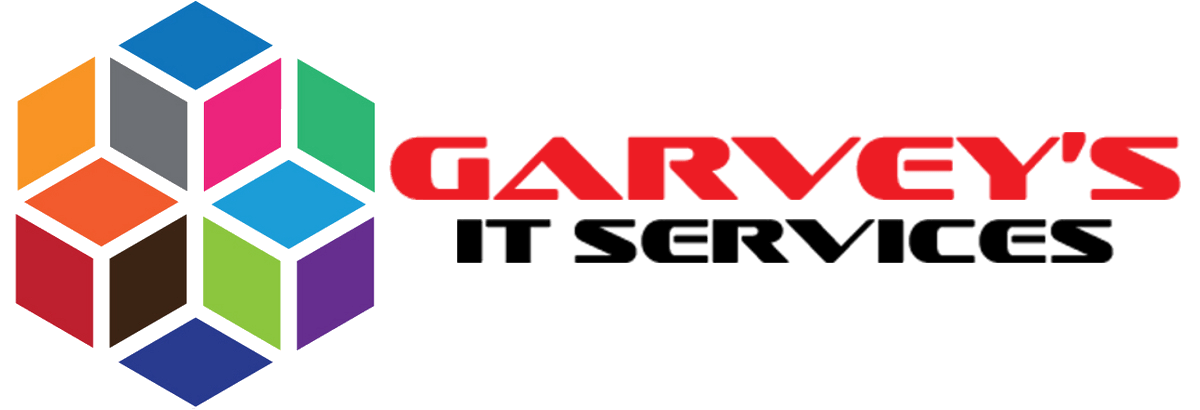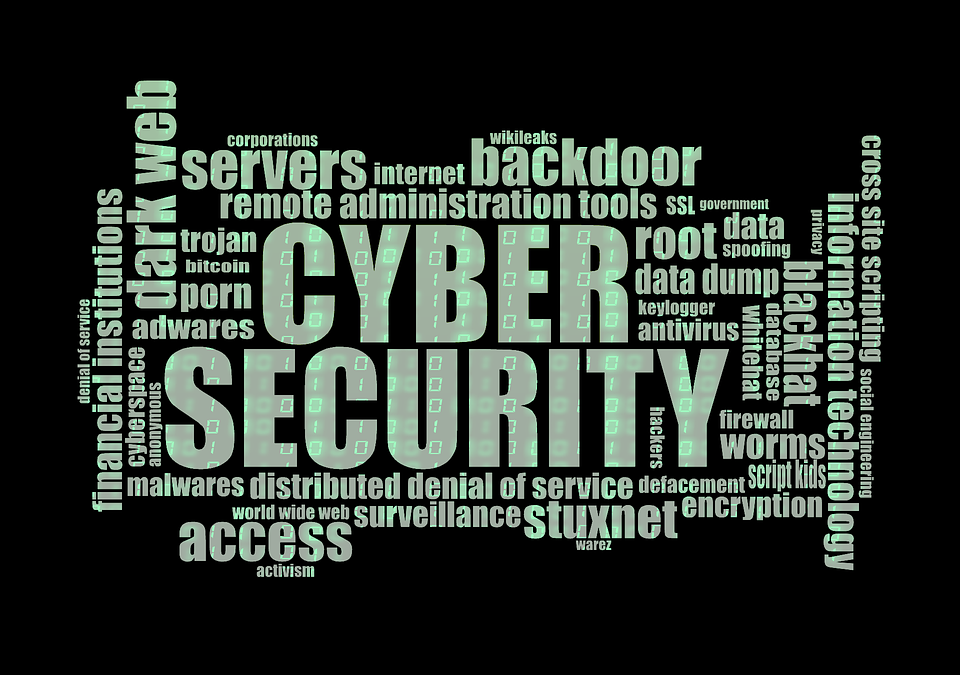With social media dominating so much of the Internet nowadays, it’s fair to say that the majority of us do, or will, use this at some point in our lives. Some of us scroll through our news feeds a few times a day, for some of us social media is our career and the way we earn our pay-packet, for some of us social media is the place we showcase and advertise our business, we could go on…
So, what’s our point? Well, our point is that quite simply social media is now such a big part of everyday life, but it can be a dangerous place at times, and not enough people take care to avoid the potential dangers it poses when they are using social platforms.
You might have seen headlines in the news lately regarding the circulation of fake news and inappropriate and offensive content on social media platforms and how a new regulator is currently being proposed who will monitor social media giants, ensuring all content is true, appropriate, and safe. However, there are numerous precautions social media users can be taking now to ensure their own safety on these platforms.
- Don’t believe everything you read – As mentioned above, fake news has and is circulating fast on social platforms. Not only can the content of this news be shocking, upsetting or worrying, but it can often cause much bigger political problems. If you come across a story online that gives you cause for concern or you quite simply can’t believe is true, chances are, it probably isn’t. Try a quick search on a reputable news site, if it is true, then it will likely be reported on there. Before you let a story worry or stress you out, or before you circulate it on yourself by sharing, check whether it’s genuine first. If you think the news is fake, you should report this if you can.
- Don’t get involved with ‘Online Trolls’ – If you’re a regular social media user you’ve likely encountered or witnessed online trolling at some point. You might know these as ‘keyboard warriors’ – they are pretty much the same thing. Trolling involves the creation of a fake account which is then used to spread malicious, inappropriate or offensive content, or that is used to comment disrespectfully on news stories and other peoples’ posts. The best thing to do here is simply not to get involved. People who get themselves involved in back and forth commenting with these ‘Trolls’ can find themselves receiving abuse and at times even have their own accounts hacked. If you see a profile which you think is fake and is being used to troll, again, report it if you can.
- Everything you post has the potential to ‘go viral’ – Don’t forget this! Something you post to your own timeline as a joke might be funny to your friends in the right context, but seen by someone who finds this offensive, this has the potential to cause you huge problems. Different things offend different people and all it takes is for one person to screenshot this and share it around for others to get offended to. This can lead to abusive messages and even death threats. If you aren’t sure whether a comment or piece of content could be seen as offensive, just don’t post it.
- Ignore online dares and challenges – There have been quite a few of these over the past few years aimed at both adults and children, all of which have the potential to be dangerous. In tragic cases, some have even ended with fatality. These are things such as the ice bucket challenge, a pretty harmless one you might think, but others, such as downing large quantities of alcohol or using pressure points to cause unconsciousness, are not harmless at all and the consequences can be devastating. Don’t risk your own health and wellbeing for the sake of some online attention, it really isn’t worth it.
- Use the security settings provided – All social media platforms have security settings which you can activate. This will stop random people from being able to find and add you, allow only your friends to see your content, and only friends of friends to try to connect with you. You should use these; they aren’t there for no reason. Keep your social accounts limited; only add/connect with those people you know (don’t allow strangers an insight into your personal life!), don’t share personal details and never give out bank details over social platforms. Like any other site, these can be hacked too. Don’t put your personal details up for the taking, and don’t let people you don’t know gain access to your personal life.
These are just a few basic tips to keep you safe online. If you’re a parent with children who have access to social media, ensure you are checking their accounts and Internet history often to make sure they are keeping safe and using social platforms appropriately.


Recent Comments